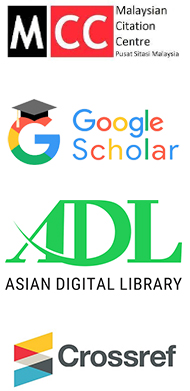Navigating the Adoption of Artificial Intelligence in Higher Education
DOI:
https://doi.org/10.58915/ijbt.v14i1.433Keywords:
artificial intelligence, behavioural, higher , UTAUT modelAbstract
With the emergence of Education 4.0, Artificial Intelligence (AI) is increasingly being used and integrated in higher education institutions in recent years. It is hardly surprising as we are living in the era of digital technologies and a transformational shift in the educational system. This conceptual article proposes a study on adoption of artificial intelligence (AI) in higher education among undergraduate students. Drawing from the Theoretical model of The Unified Theory of Acceptance and Use of Technology (UTAUT), this study aims to examine the influence between the key variables in the UTAUT model such as performance expectation, effort expectation, social influence and facilitating conditions on attitudes and behavioral intention towards AI adoption in higher education institutions. This study will utilize quantitative research design using Structural Equation Modeling - Partial Least Squares (SEM-PLS) to analyze the data. It becomes central to investigate such AI adoption tendency among students as this will aid the institutions to tap into the potential problems and opportunities that may arise with its adoptions and usage. This study also attempts to clarify the potential linkages by engaging in a discussion prior to conducting empirical testing.
Downloads
Published
How to Cite
Issue
Section
License
Copyright (c) 2024 International Journal of Business and Technopreneurship (IJBT)

This work is licensed under a Creative Commons Attribution-NonCommercial-NoDerivatives 4.0 International License.














